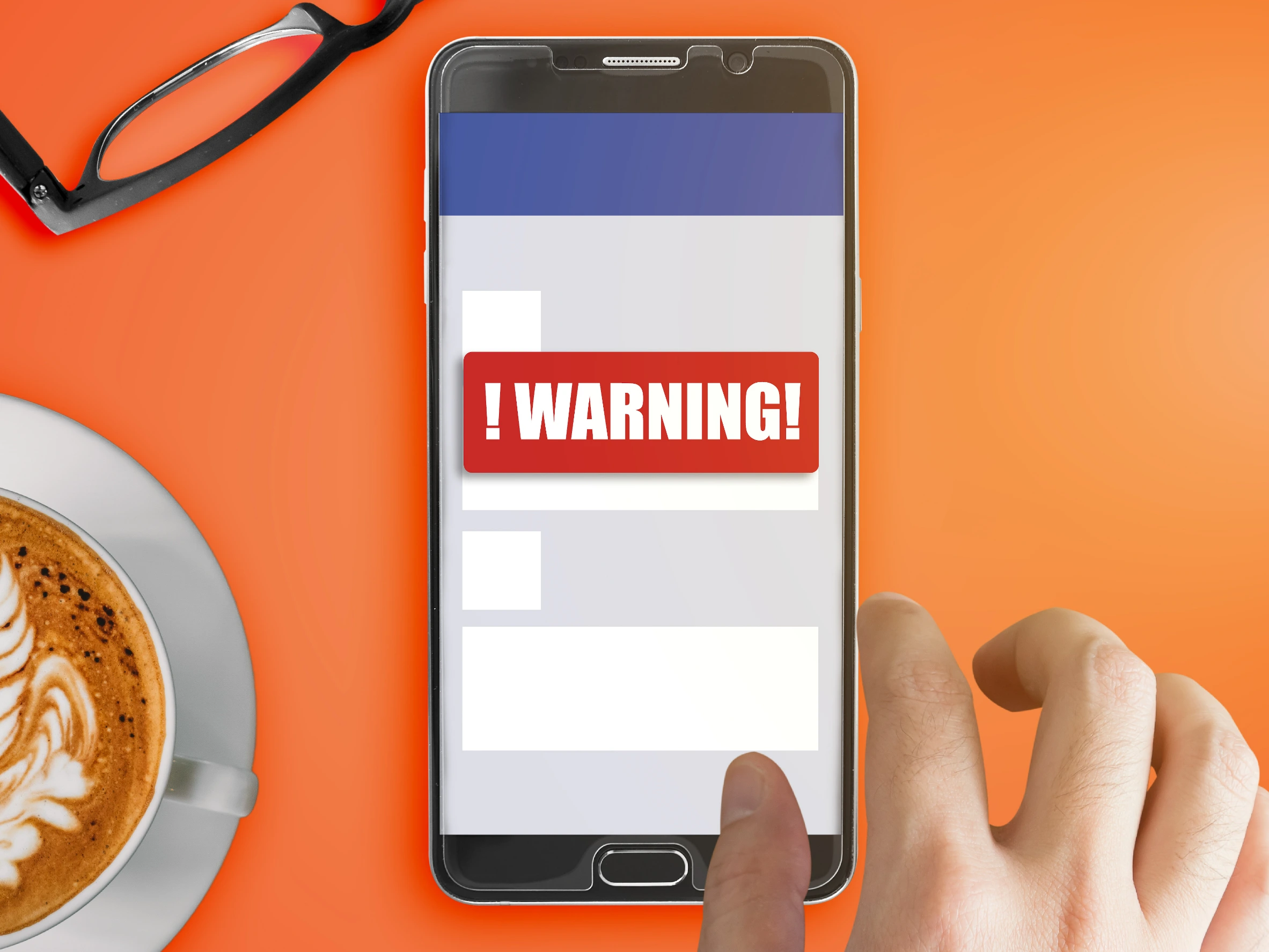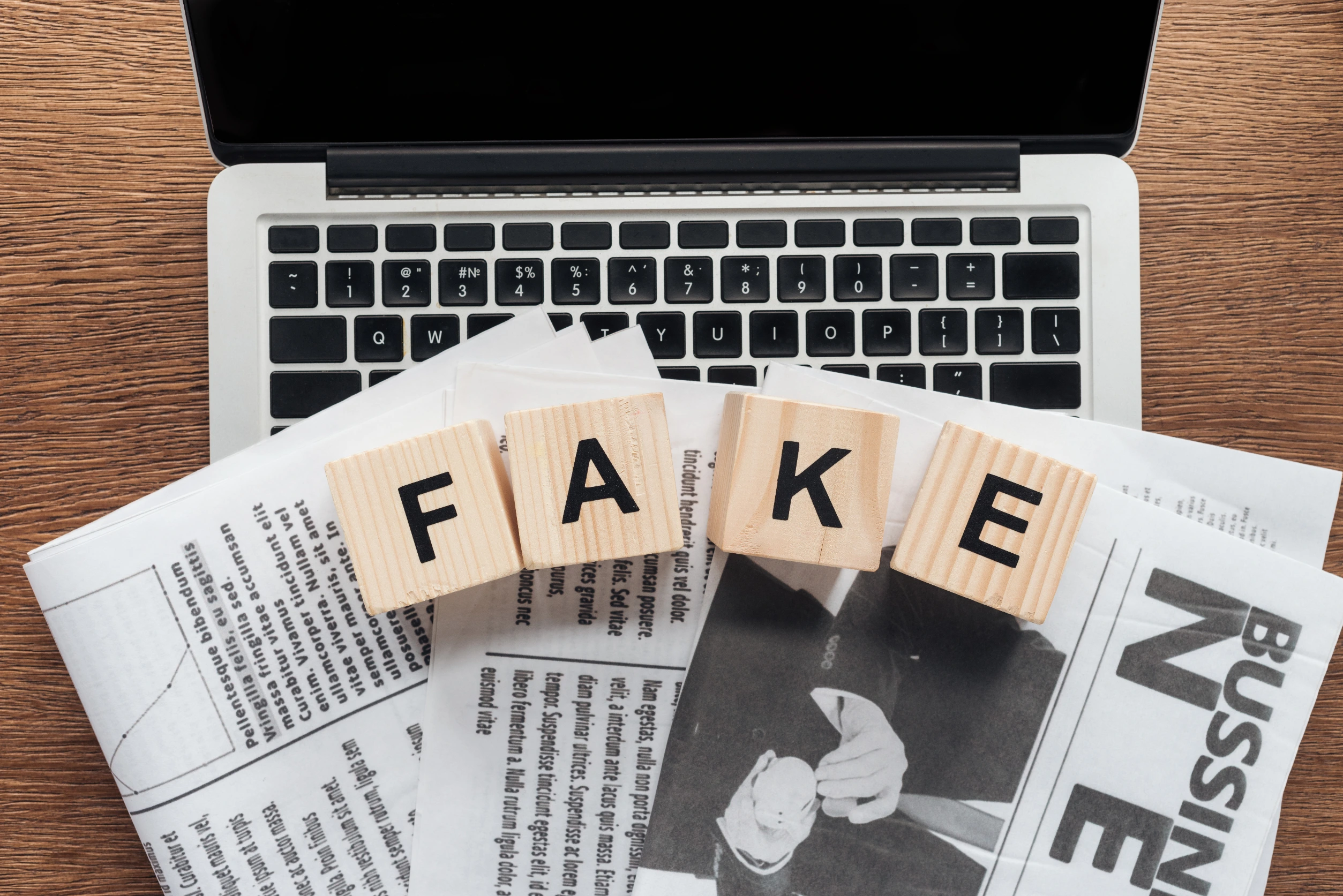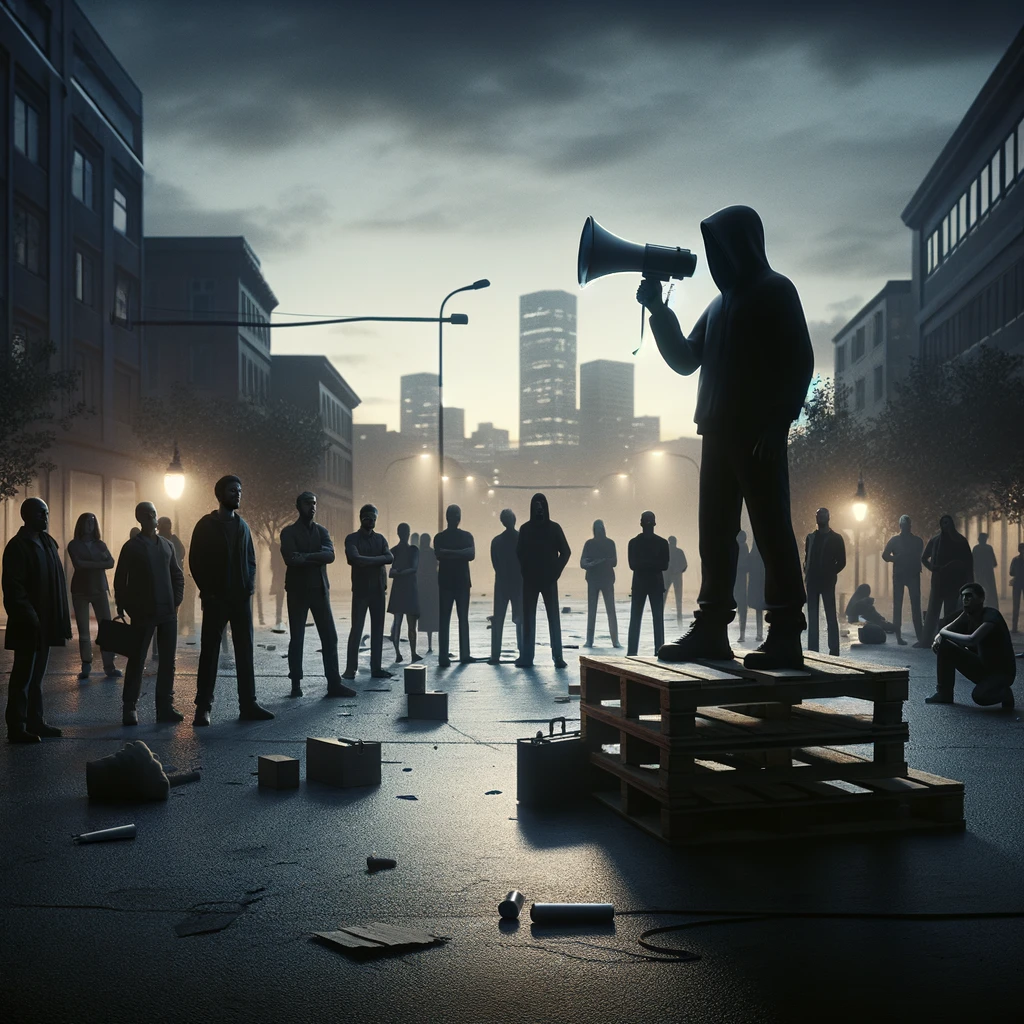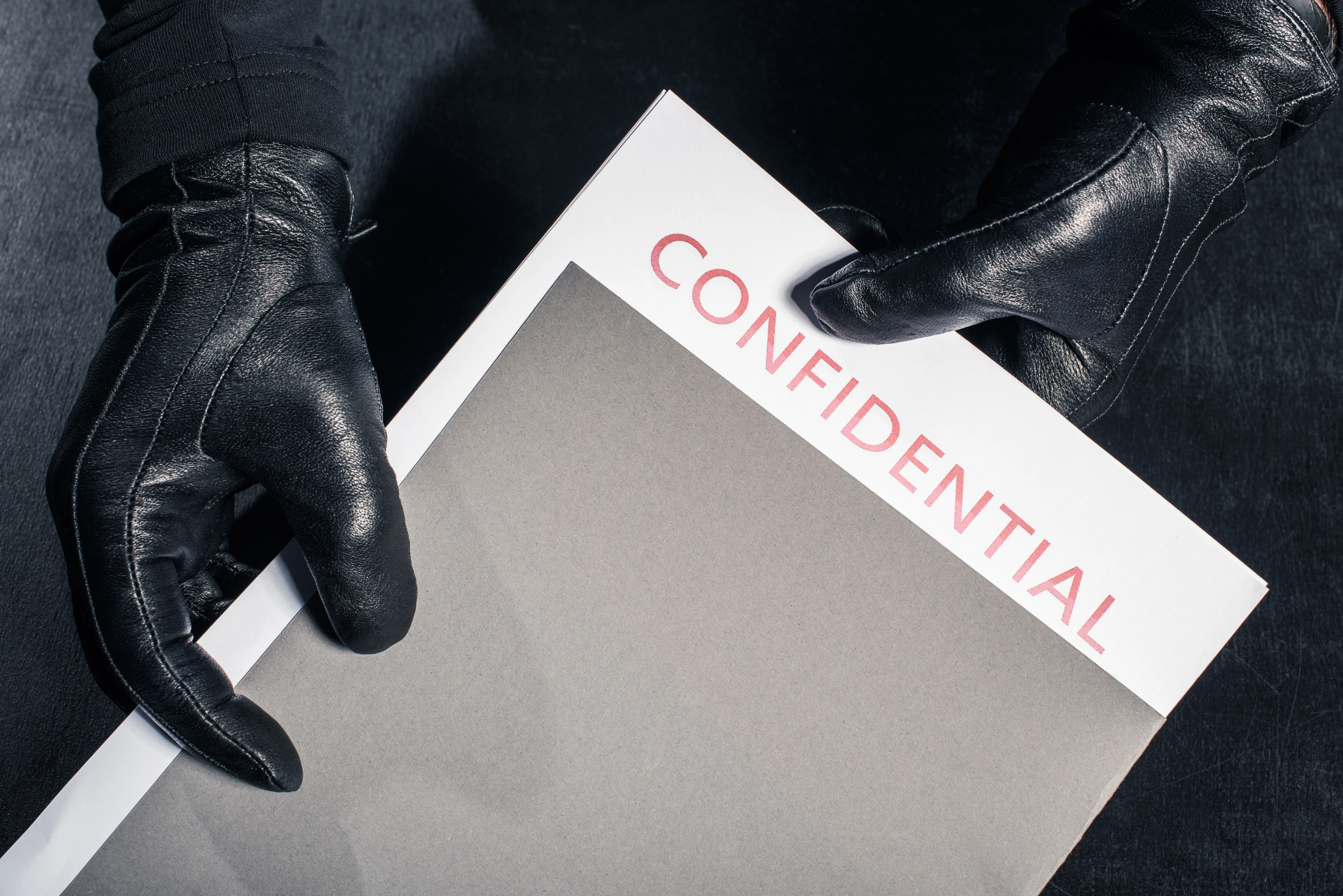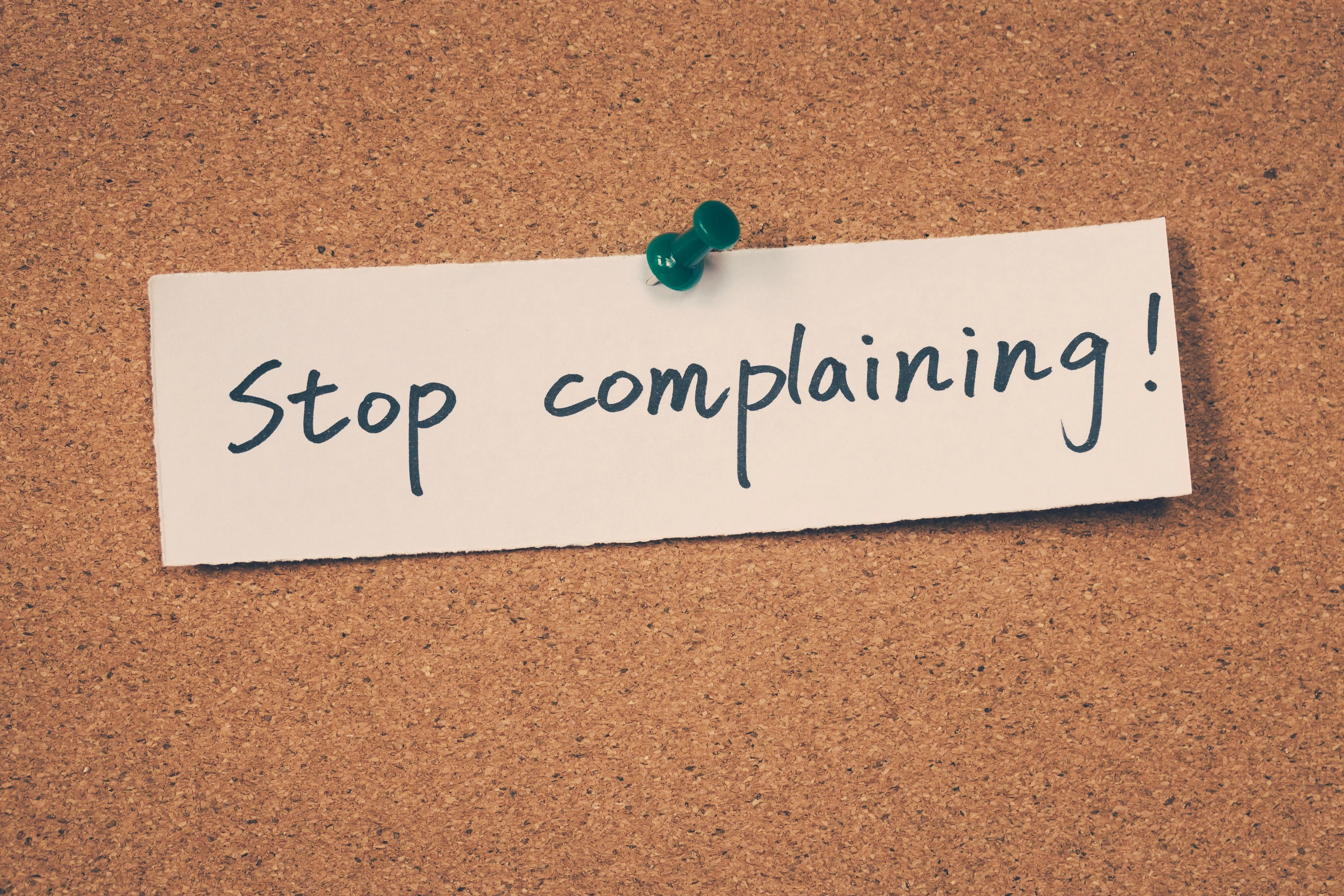In the digital age, social media platforms are not just spaces for networking and entertainment; they are potent tools that can shape public opinion and personal reputations. However, certain types of posts, particularly rants, can have adverse effects. Here, we explore 16 types of social media rants that could lead to ‘cancel culture’ backlash, underscoring the importance of thoughtful online communication.
1. Offensive Political Statements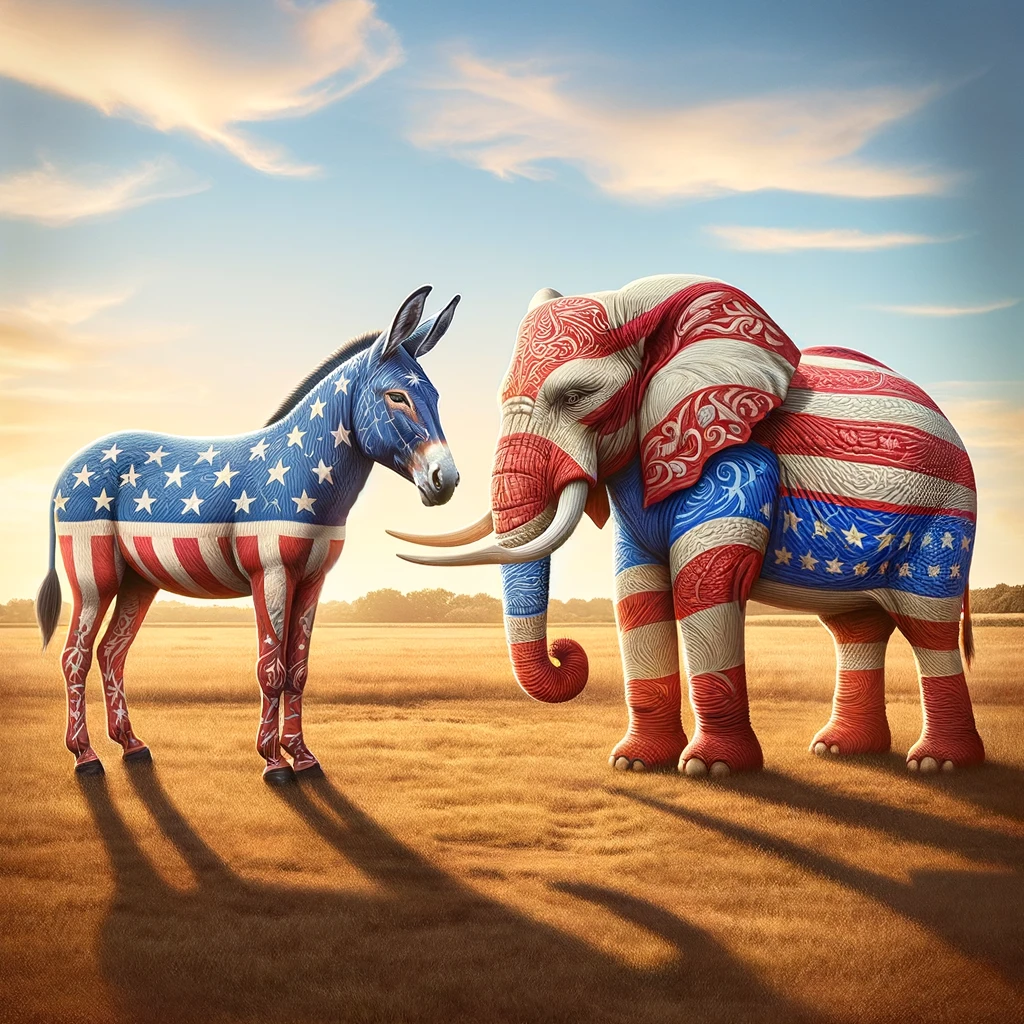
Political rants that are offensive or insensitive can quickly attract negative attention. Criticizing policies is one thing, but using derogatory language or promoting harmful stereotypes can lead to significant backlash. In today’s polarized environment, such statements can quickly lead to public outcry and calls for cancellation.
2. Discriminatory Remarks
Posts that contain racist, sexist, homophobic, or otherwise discriminatory remarks are among the most damaging. Social media users are increasingly intolerant of hate speech, and such comments can lead to swift and severe consequences, including being banned from platforms or losing job opportunities.
3. Body Shaming
Body shaming, whether directed at individuals or groups, can cause significant harm and backlash. Comments that ridicule people’s physical appearances are not only hurtful but also reflect poorly on the poster’s character, often leading to public condemnation.
4. Spreading Misinformation
Ranting about controversial topics by spreading misinformation can be dangerous and lead to widespread criticism. In an era where fake news is a serious concern, perpetuating falsehoods, especially about sensitive issues like health or safety, can result in being canceled or losing credibility.
5. Public Outbursts Against Employers
Publicly ranting about your employer or colleagues is risky. Such posts can create a hostile work environment and damage professional relationships. Many companies have social media policies, and violating them can result in disciplinary actions or termination.
6. Inciting Violence
Posts that incite violence or endorse harmful actions can have serious legal and social repercussions. Advocating for violence against individuals or groups is not only morally reprehensible but also can lead to legal trouble and widespread public backlash.
7. Mocking Tragic Events
Insensitive rants about tragedies or disasters are particularly distasteful and can lead to intense public scorn. Making light of others’ suffering shows a lack of empathy and can tarnish one’s reputation permanently.
8. Disrespecting Cultural Symbols
Posts that disrespect or mock cultural symbols, traditions, or practices can be deeply offensive and lead to accusations of cultural insensitivity or racism. Such behavior often sparks outrage and calls for the individual to be canceled.
9. Derogatory Comments About Social Movements
Criticizing social movements in a derogatory manner can lead to severe backlash, especially if the comments are dismissive or offensive. It’s crucial to understand the significance and sensitivities of these movements before commenting on them.
10. Sharing Confidential Information
Ranting and revealing confidential or private information can lead to legal issues and loss of trust. Whether it’s sharing trade secrets, personal data, or private conversations, such actions can have serious implications.
11. Attacking Fans or Customers
Celebrities or public figures attacking their fans or customers in social media rants can face immediate and intense backlash. Such behavior is seen as unprofessional and ungrateful, often leading to a loss of public support.
12. Excessive Negativity or Complaining
Consistently posting rants filled with negativity or complaints can lead to a loss of followers and respect. While everyone has bad days, a constant stream of negativity can be off-putting and lead to social media fatigue among your audience.
13. Spreading Conspiracy Theories
Endorsing or spreading conspiracy theories, especially those that can cause public harm or panic, can lead to being canceled. Such theories can contribute to misinformation and fear, leading to public backlash against the individual spreading them.
14. Insensitive Remarks About Health Issues
Making light of or mocking health issues, whether mental or physical, is highly insensitive and can lead to public outrage. Empathy and understanding are crucial when discussing health-related topics.
15. Inflammatory Language
Using inflammatory language or slurs in rants can ignite immediate backlash. This includes swearing excessively or using language that can provoke or offend others, leading to a tarnished reputation and potential cancellation.
16. Public Disputes with Personal Contacts
Airy personal disputes publicly, especially in a derogatory manner, can lead to being perceived as unprofessional or immature. It’s important to resolve personal matters privately and with respect.
Navigating Social Media with Care
The power of social media is undeniable, but with this power comes responsibility. Understanding the impact of your words and avoiding these types of rants can help maintain a positive online presence. Remember, once something is posted, it’s difficult to take back, and the consequences can be long-lasting.
Have you ever witnessed or experienced the fallout from a controversial social media post? Share your experiences and thoughts on how to navigate social media responsibly. Let’s foster a more thoughtful and respectful online community together!
Tamila McDonald is a U.S. Army veteran with 20 years of service, including five years as a military financial advisor. After retiring from the Army, she spent eight years as an AFCPE-certified personal financial advisor for wounded warriors and their families. Now she writes about personal finance and benefits programs for numerous financial websites.
Read More
Frugal living is often championed as a smart way to stretch a dollar and live…
1986 was a wild year. Madonna was ruling the charts, “Top Gun” had everyone screaming…
Have you ever thrown up just a little bit in your mouth? I did today…
Walk onto a car lot, and you know you’re about to spend big money. But…
Over the past couple of weeks I’ve been more observant than usual when money comes…
Denver is a city that thrives on an active lifestyle, offering a perfect blend of…
